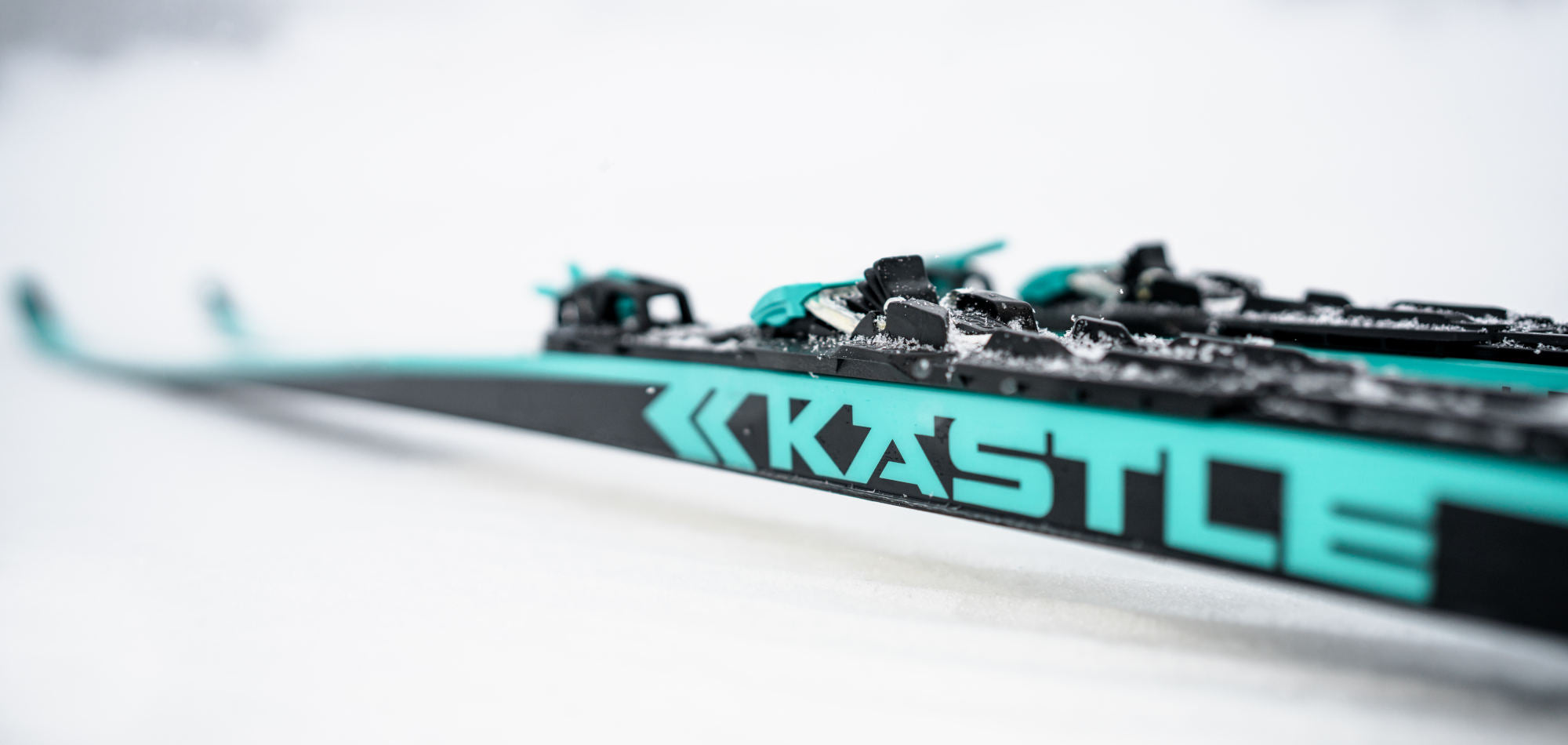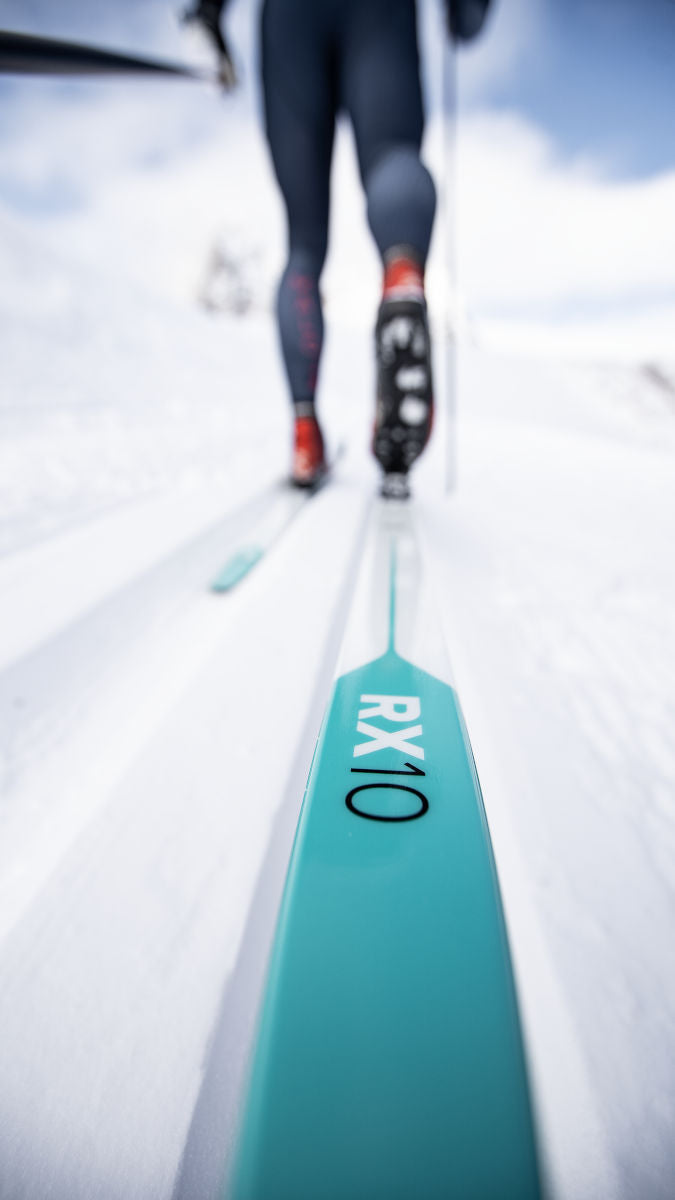What positions our new generetaion of cross-country skis at the top ist entrenched in our 1970s ethos of pure innovation. Back then, we registered the very first patensts in the sport of cross-country skiing. And it is in this spirit that we develop our technologies and construction methods today when taking professional skis into serial production. We are setting new standards once again, whether it is in the classic or skate discipline.
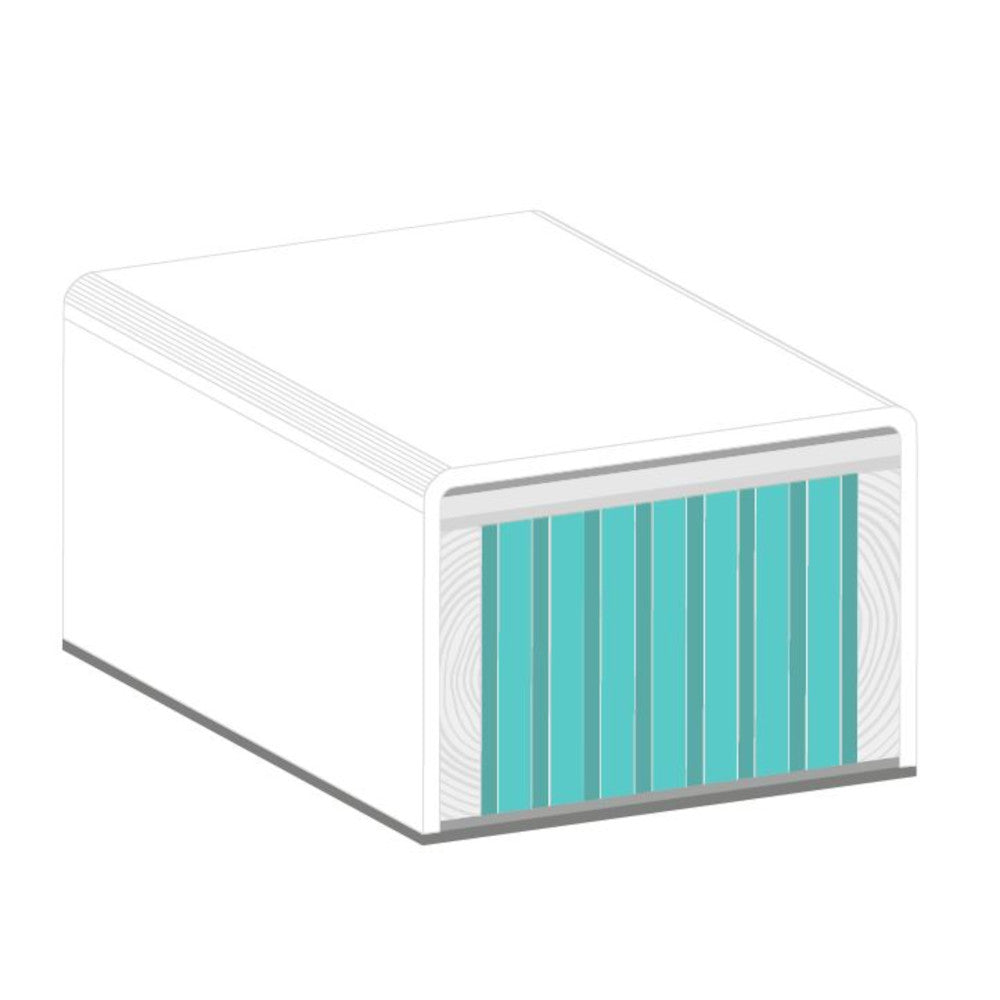
CONTSTRUCTION
All of our cross-country skis feature a carbon-reinforced CAP construction where the surface layer runs over the sides, effectively protecting the core. Each Kästle nordic ski is thus impeccably designed for its designated application.
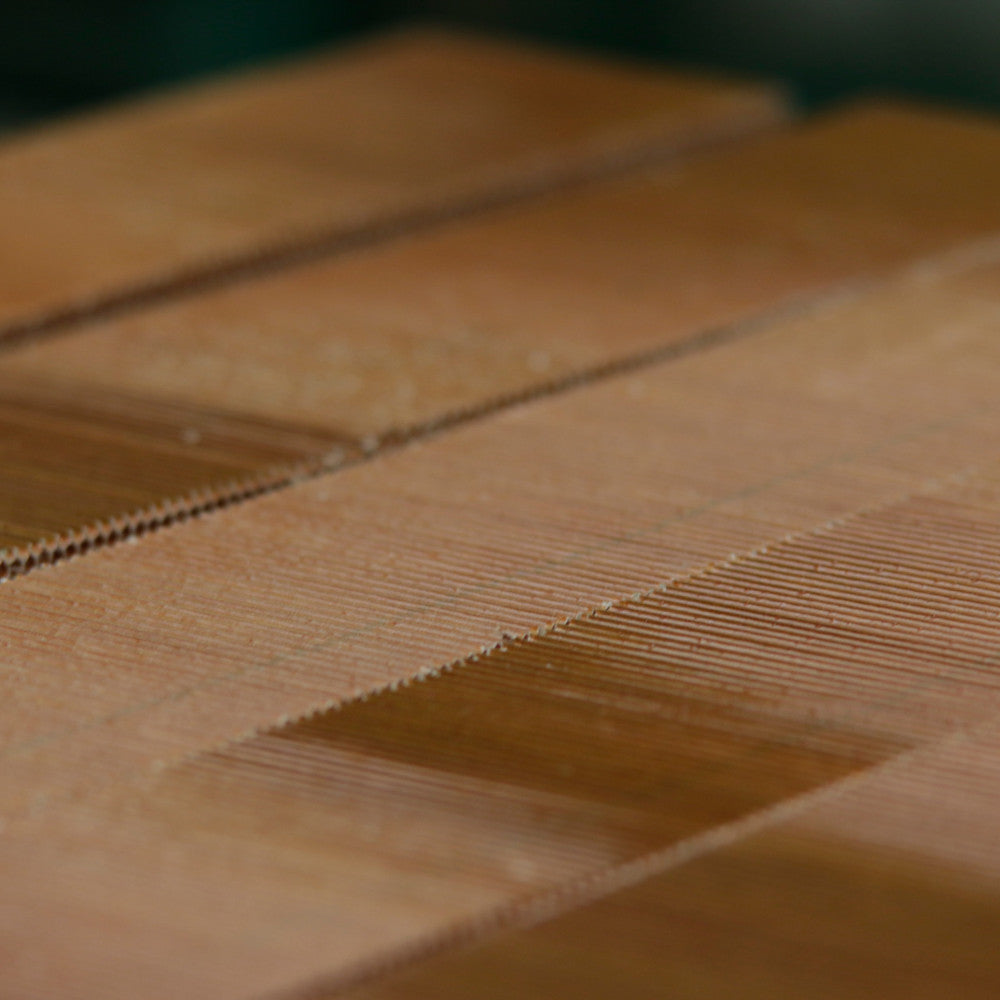
WOODCORE
Nowhere is survival harder than in nature – and the solutions we apply here are fittingly sophisticated. Bees, with their hexagonal-shaped honeycomb, have developed a very stable structure that results in maximum strength for minimal material input.
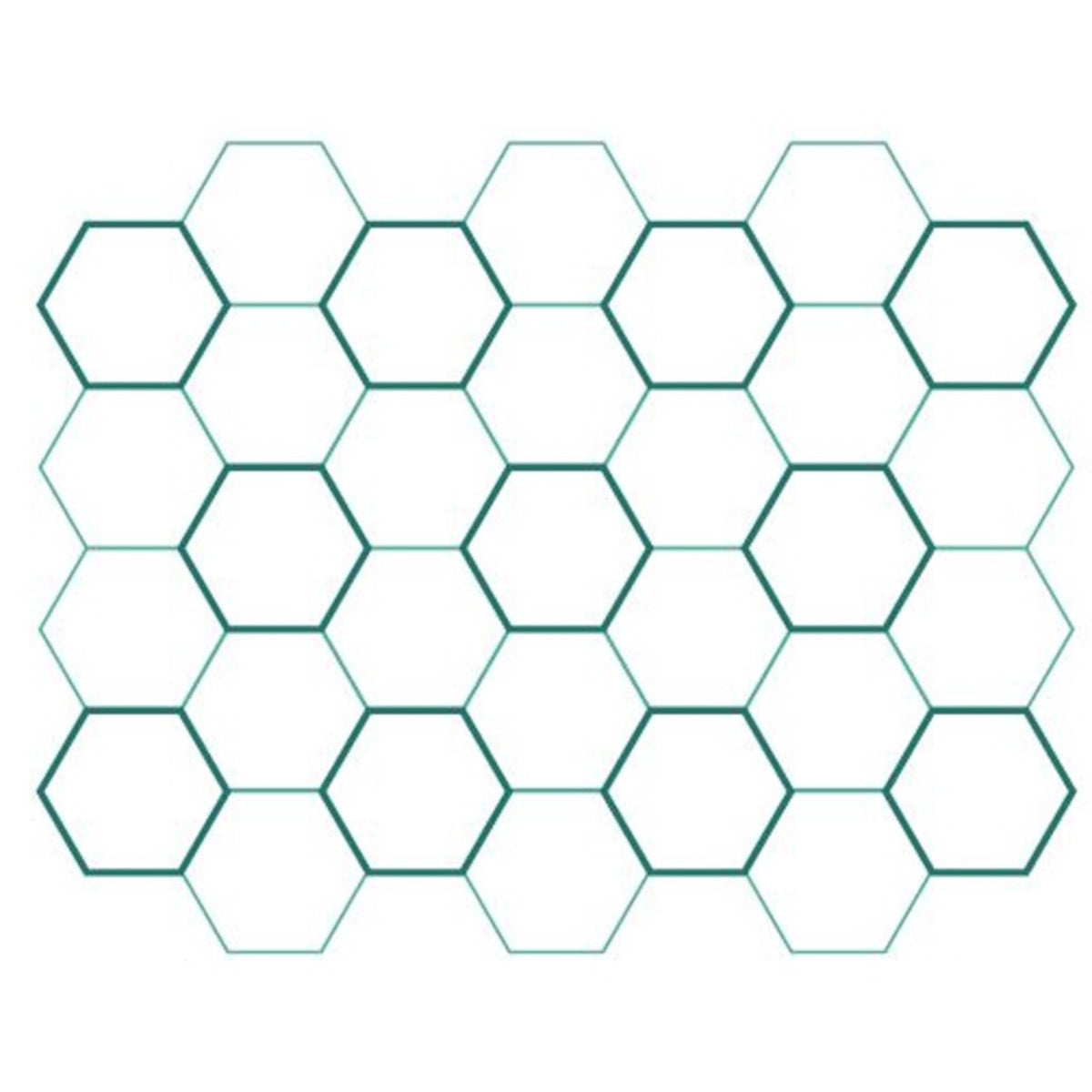
That is why the core of a Kästle ski is made using the honeycomb principle and natural materials. It reduces weight to a minimum and simultaneously increases stability. It also maintains good flex and results in explosive rebound underfoot.
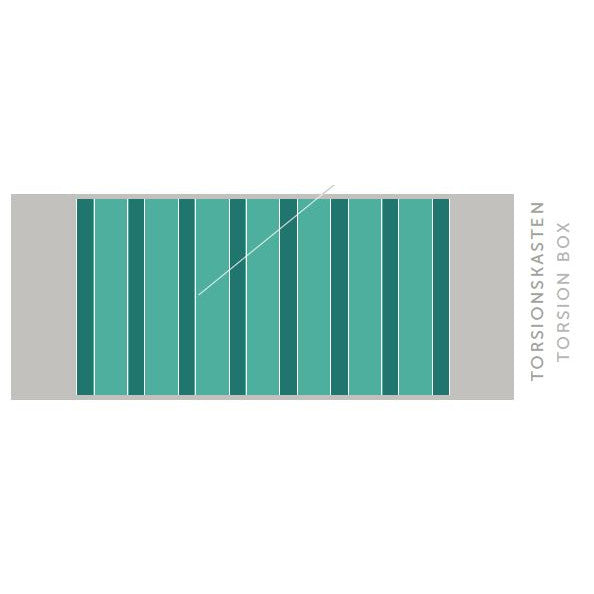
The honeycomb structure is encased in a torsion box made of ultra-lightweight paulownia wood, which we call UL WOOD. It ensures optimum torsional and flexural rigidity at minimal weight.
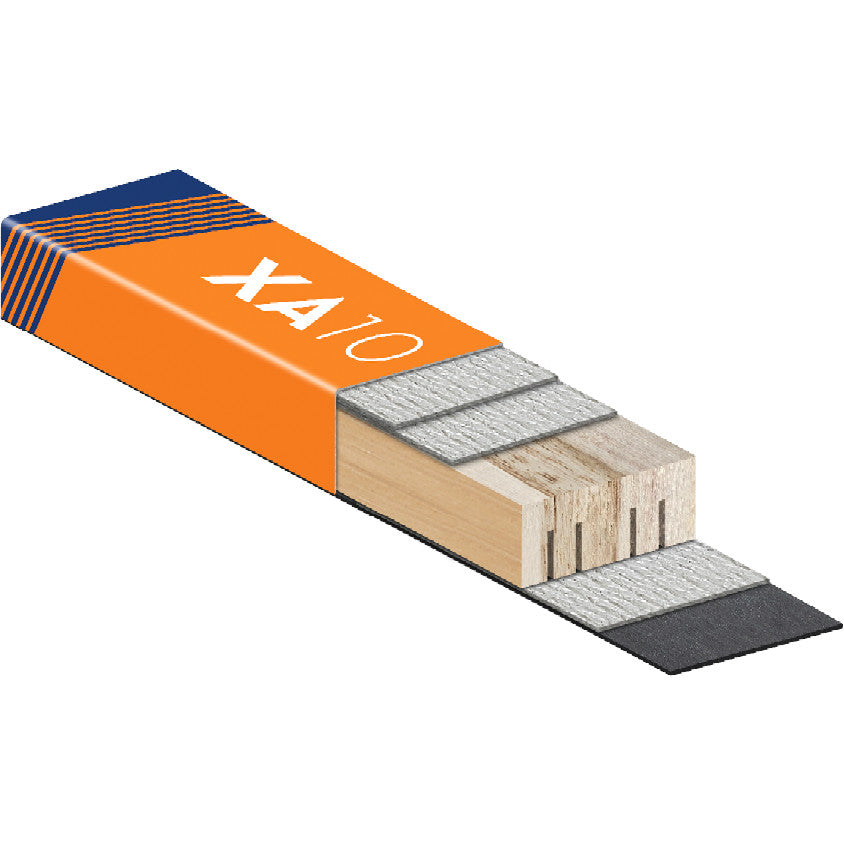
For our more robust models we use European poplar for the core, which is also encased in UL WOOD. It ensures optimum torsional and flexural rigidity at minimal weight.
That is why the core of a Kästle ski is made using the honeycomb principle and natural materials. It reduces weight to a minimum and simultaneously increases stability. It also maintains good flex and results in explosive rebound underfoot.
The honeycomb structure is encased in a torsion box made of ultra-lightweight paulownia wood, which we call UL WOOD. It ensures optimum torsional and flexural rigidity at minimal weight.
For our more robust models we use European poplar for the core, which is also encased in UL WOOD. It ensures optimum torsional and flexural rigidity at minimal weight.



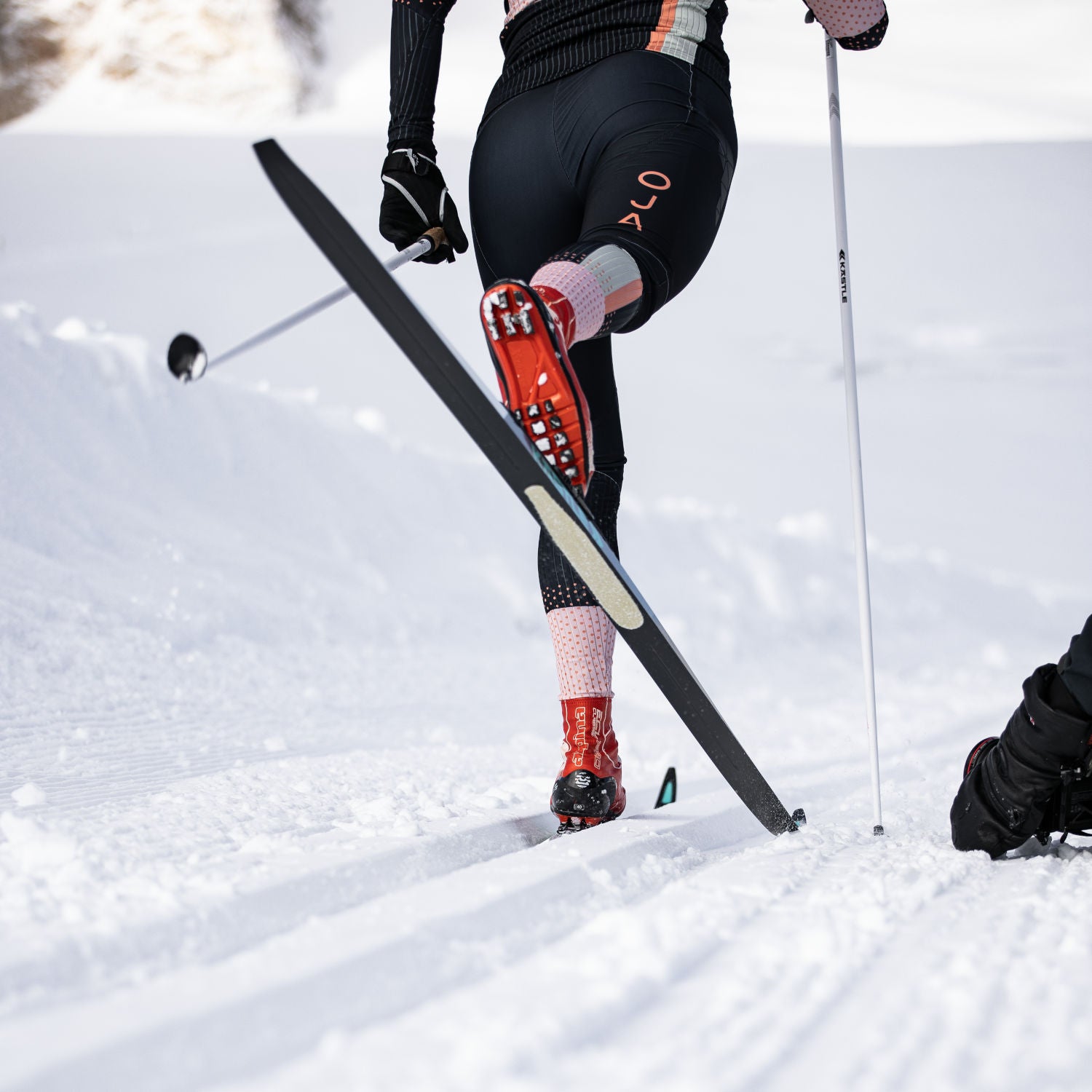
VARIANTS
Professional cross-country skiing is an extreme sport – both for athletes and for their equipment. And with a wide range of temperatures and snow conditions to contend with, there are variables that are beyond our control. We´ve developed four bases to generate the best performance in the widest range of conditions.
PLUS
CLASSIC AND SKATE
A base material and grinding set-up that produces the best glide performance in air temperatures ranging from +10° C to -10° C.
COLD
CLASSIC AND SKATE
Developed for extreme conditions – this set-up can be used in air temperatures ranging from -5° C to -30° C.
MICRO
CLASSIC
The perfect base material and grinding combination for tricky weather conditions near freezing point - for example during snowfall. This newly developed no-wax ski features a special base material in the kick zone that can be textured by the individual.
SKIN
CLASSIC
A no-wax ski that does away with the need for kick wax or wax application skills and heralds the revival of classic cross-country skiing. The skin in the kick zone ensures good grip even on hardpacked, smooth snow, yet enables the ski smoother and more silent glide performance than any other fish scale cross-country ski. This is the perfect choice for easy handling in all snow conditions and in air temperatures ranging from +10° C to -30° C.
CLASSIC AND SKATE
A base material and grinding set-up that produces the best glide performance in air temperatures ranging from +10° C to -10° C.
CLASSIC AND SKATE
Developed for extreme conditions – this set-up can be used in air temperatures ranging from -5° C to -30° C.
CLASSIC
The perfect base material and grinding combination for tricky weather conditions near freezing point - for example during snowfall. This newly developed no-wax ski features a special base material in the kick zone that can be textured by the individual.
CLASSIC
A no-wax ski that does away with the need for kick wax or wax application skills and heralds the revival of classic cross-country skiing. The skin in the kick zone ensures good grip even on hardpacked, smooth snow, yet enables the ski smoother and more silent glide performance than any other fish scale cross-country ski. This is the perfect choice for easy handling in all snow conditions and in air temperatures ranging from +10° C to -30° C.
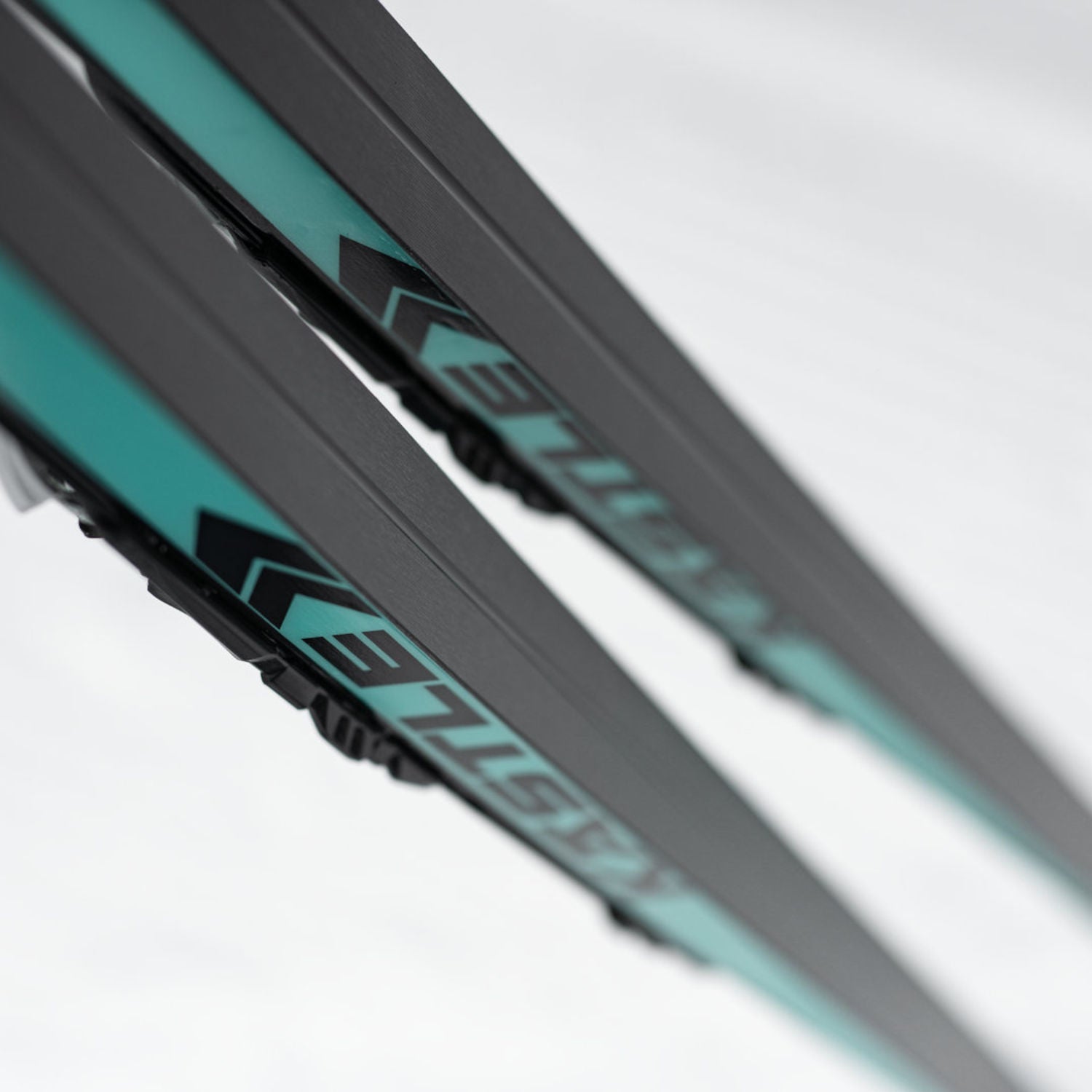
BASE
We only use high-quality graphite sintered bases for our top models. This results in excellent glide performance and durability. We offer four different types of base to suit different applications and conditions. The number of stars describes the quality of glide perfocmance.
WC RACE PLUS
High-performance World Cup base with outstanding wax absorption and superb glide performance. Suitable for a wide range of snow conditions.
WC RACE COLD
High-performance World Cup base with excellent wax absorption and superb glide performance. Specially developed for cold, dry snow and low atmospheric humidity.
RACE PLUS
Universal racing base with the flawless glide performance in all temperatures and snow conditions.
EASY PLUS
Easy-care nivylen or extruded bases for maximum durability.
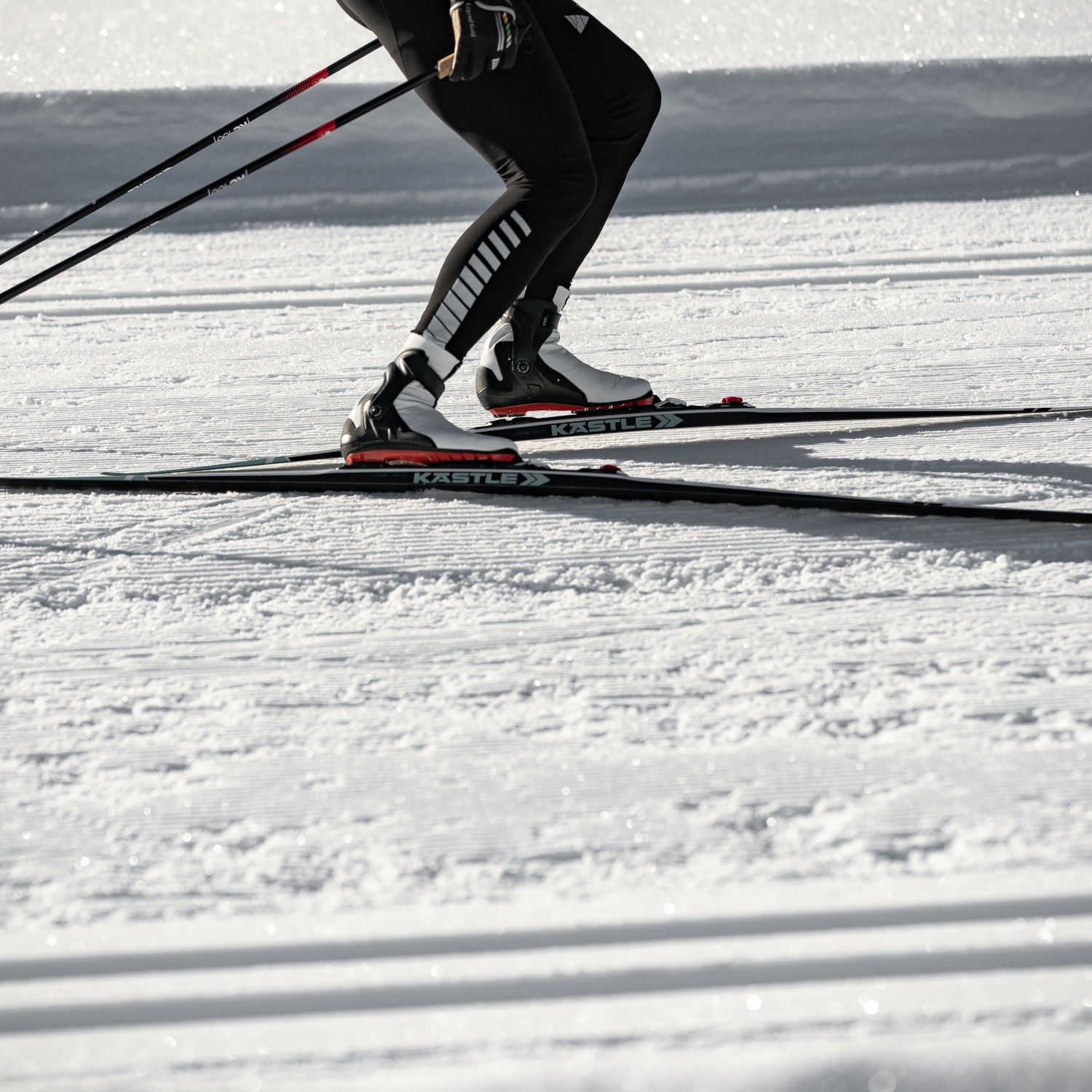
GRIND
In addition to the base material, the grinding of the base determines glide performance and must therefore be selected according to the prevailing conditions. As a general rule, the warmer it is, the coarser the structure required.
U1
World Cup grinding, hand crafted for perfect results. Ideal for changeable snow conditions and wet, fine snow.
C2
Hand finished World Cup grinding. Ideal for fresh snow or fine, dry, cold snow.
UM1
Universal race grinding for changeable snow conditions and wet, fine snow.
CM1
Universal race grinding for new snow or fine, dry, cold snow.
World Cup grinding, hand crafted for perfect results. Ideal for changeable snow conditions and wet, fine snow.
Hand finished World Cup grinding. Ideal for fresh snow or fine, dry, cold snow.
Universal race grinding for changeable snow conditions and wet, fine snow.
Universal race grinding for new snow or fine, dry, cold snow.
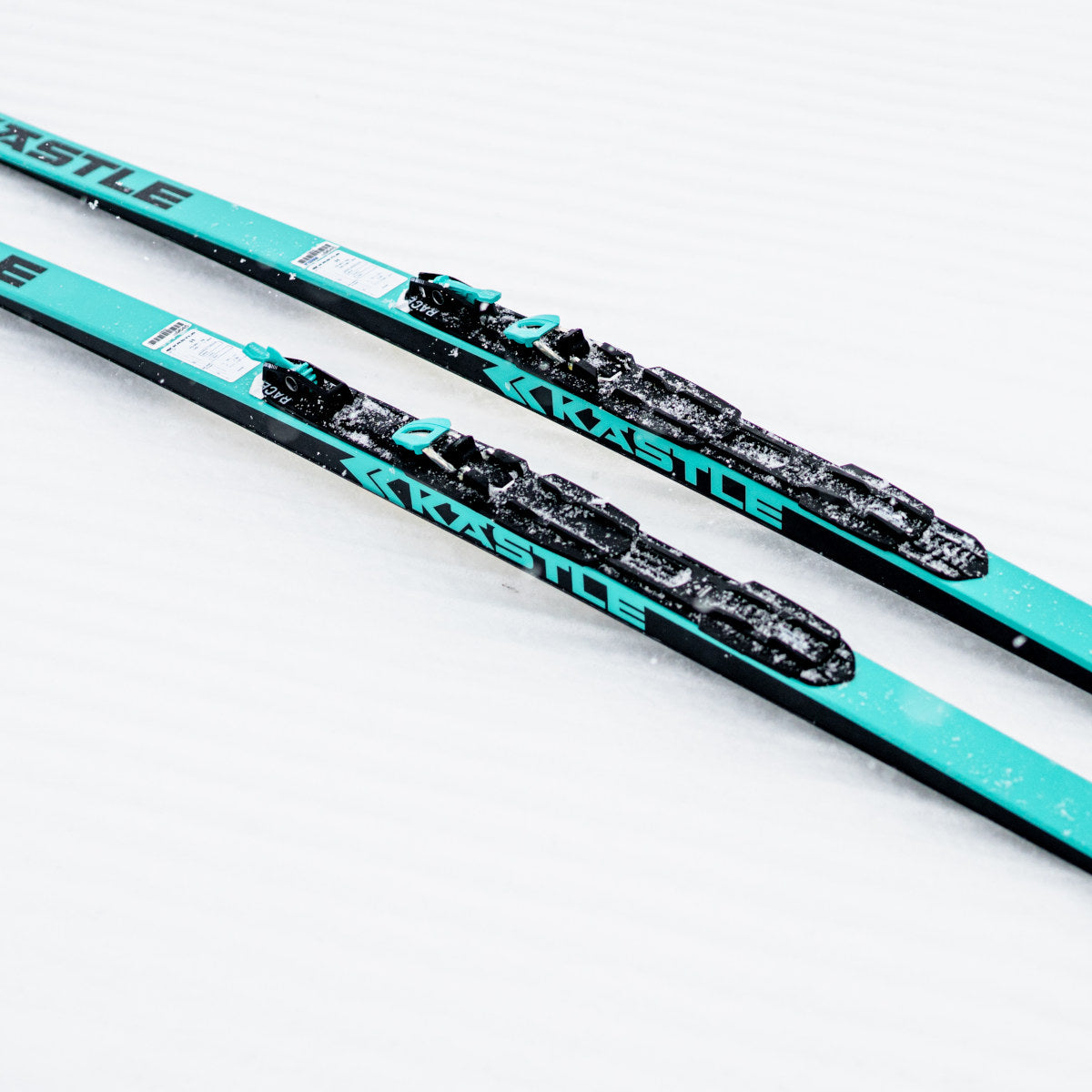
BINDING TECHNOLOGY
Kästle cross-country skis* come with integrated NIS mounting plates without screws for a very natural flex motion:
They are compatible with Rottefella New Nordic Norm (NNN) bindings. Rottefella, the company that first developed NNN bindings has a 75-year track record in manufacturing ski bindings of the highest quality. It was innovations like the Nordic Integrated System (NIS) that led to the NNN system becoming the market standard.
The front and back sections of the top bindings can be repositioned to suit the individual skier. The wider contact surface at the front of the binding zone generates efficient transfer of power and increased stability on the move.
* except XA Junior
